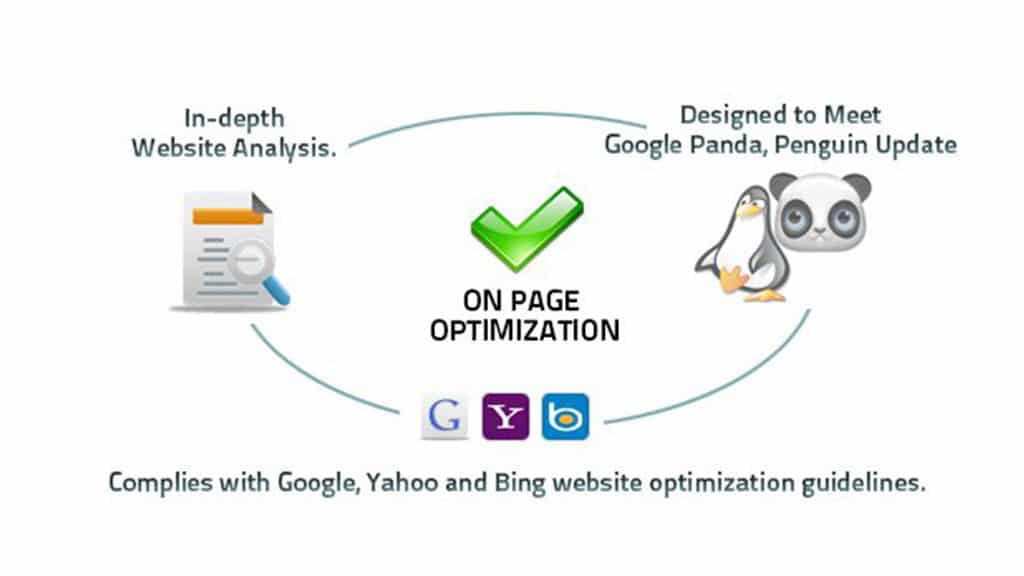What Does SEO Stand For ?

What is SEO?
With over 2 billion websites on the internet, how can you ensure that people find your site on search engines results? SEO is aimed at improving a website’s visibility in search engines. Think of it like you would with a librarian in a school. In order to be able to locate any specific book, the librarian must categories each book by genre; reading level; alphabetic order just to name a few. That way when someone is looking for let’s say “Charlotte’s Web” they would look in the non-fiction section under the letter “C” sections 300-590. This is very much the same with SEO. The goal is to rank your site at the top pages of search results when a person searches a keyword or a word phrase related to services or the products you sell on your website. And this is what makes SEO marketing very effective. With traditional marketing, you run an ad and hope that will interrupt someone’s day and showcase your product or service. With SEO you are optimizing for the user who will search for your business and click on your website simply because you are where they are searching. With SEO marketing you are not devaluing your brand by running ads, rather your dominate your space by being at the top of all your other competition.
What does SEO mean in marketing?
As stated SEO stands for search engine optimization, that means not just Google. YouTube, for instance, is the 2nd biggest search engine, with more than 1,00,00 a day. LinkedIn, Bing, and Yahoo are all search engines as well. So when someones refer to search engine marketing, they are basically referring to marketing in the search engines. This is can be selling a product or a service also referred to as content marketing. However, website contents are effective in attracting search engines. It also helps in establishing connections with your website visitors. The relevant, high-quality content you have on your website, the more likely the search engine will rank the site high on search engines results. Additionally, compelling and engaging content will increase the time your website’s visitors stays on your site or even make purchases. For a website to rank high, it should contain content such as blog posts, articles, social media content, whitepapers, and videos.
Search Engine Definition
SEO by the Numbers
Consider these number below from live stats below the internet and social media usage only increases with each passing day. Considering this, an online presence for any business is absolutely essential—not only to ensure you receive website traffic but also to keep up with the competition.
- Over 40% of the world population has an internet connection
- 40,000 search queries are processed every second on Google alone (that’s 1.2 trillion a year worldwide)
- Facebook has 1.71 billion active users (social media is key for SEO)
- 1.13 billion users log into Facebook per day
- Twitter has an estimated 1.3 billion registered users
- 120 million people visit Twitter each month (500 million visits without logging in)
- 100 million Twitter users log in daily
Factors that Impact SEO
Keywords
On-Page SEO
- Title Tags: A title on every page tells a search engine what the content is all about. It should have less than 70 characters, including the keyword.
- Sub-headings: Sub-heading will not only make content easy to read, but also improve SEO. HI, H2 or H3 helps search engines to understand the articles and make them scannable. Other on-page SEO factors include internal links, meta descriptions, and images.
- Off-Page SEO: Off-page SEO will also impact on how SEO works. Even though you don’t have control over these factors, there’re techniques you can use to improve your SEO. Some of the off-site SEO include:
Links
Backlinks are one of the excellent ways to improve your off-page SEO. Build relationships with fans and influencers creating high-quality content and who can link your website in their content. Social and trust are other off-page SEO elements search engines use in ranking. Backlinks from influencers will help in improving the legitimacy and sharing on your website. SEO can boost your ranking on search engines. Many factors will impact how SEO work, but the most important is the relevance and quality of the content. Follow SEO best strategies by creating valuable content that helps your site visitors. Now that we have answered the question “What does SEO stand for ? ” You understand what SEO. We can help you with your business by using proven SEO strategies to get more traffic and leads. References 1 .https://blog.hubspot.com/marketing/seo



